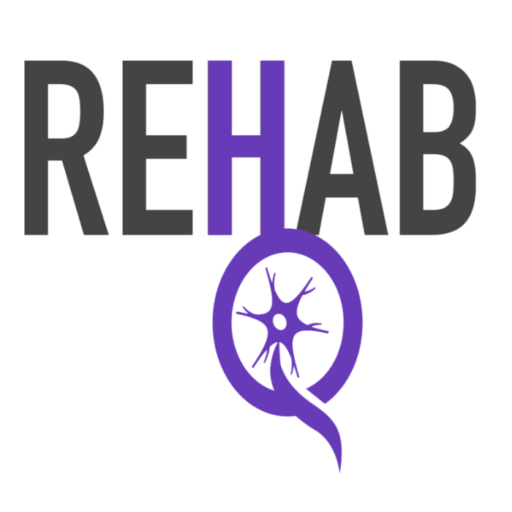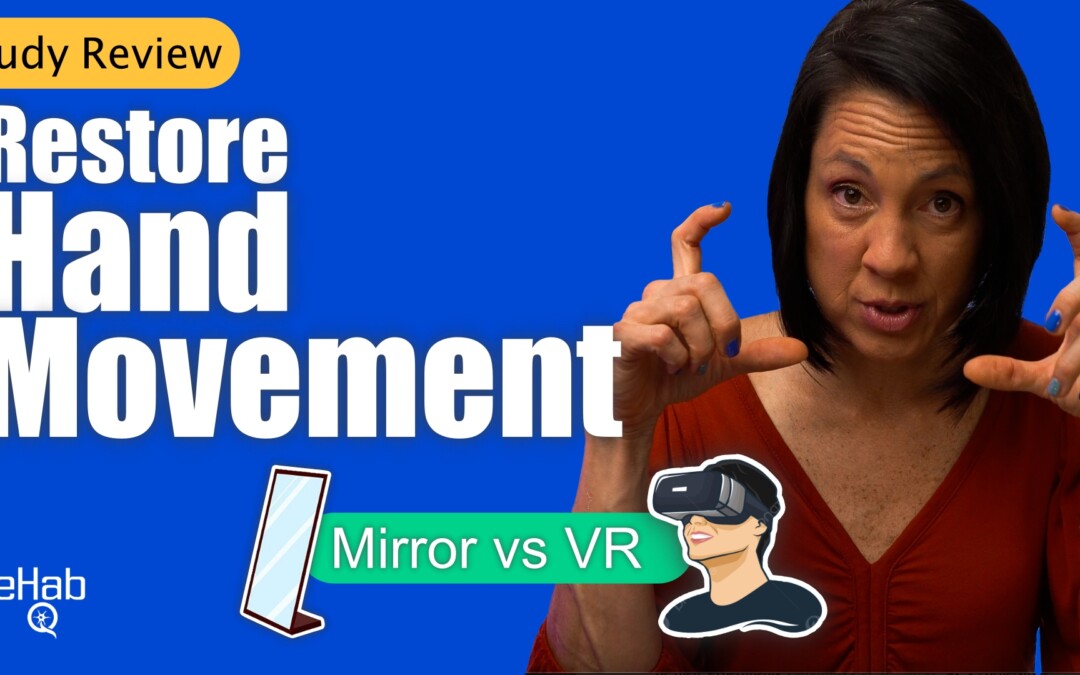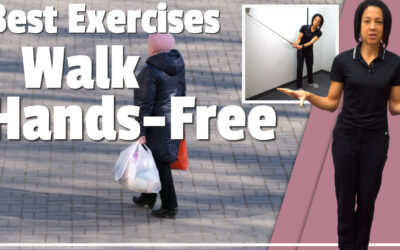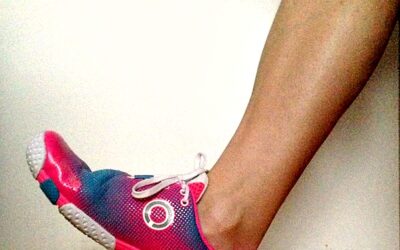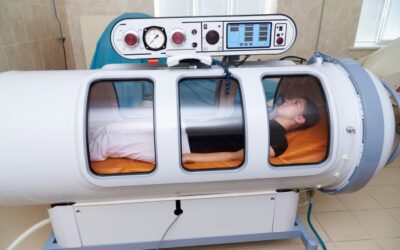Mirror Therapy & VR: Stroke Recovery for the Hand
If you’ve lost movement in your arm after a stroke, you’ve probably wondered: “Is my arm just weak, or is something deeper going on in my brain?”
That’s not because your muscles forgot how to work, it’s because the “wiring” in your brain that controls movement has been disrupted.
What Happens to the Brain After a Stroke
Normally, when you decide to move, say, to grab a coffee cup. Your brain sends messages down little “wires” (nerves) to your muscles. Your muscles move, then your brain gets feedback about where your arm is, and you adjust.
After a stroke, that wiring gets messed up. Sometimes the signal doesn’t get through at all. Other times, the message gets scrambled and your arm just doesn’t cooperate.
What Mirror Therapy Does
Mirror therapy is kind of like tricking your brain.
You put a mirror in front of your good arm so that when you move it, it looks like your weak arm is moving. And guess what? Your brain starts to believe it.
Why does this matter? Because seeing the movement actually wakes up the damaged side of your brain. It’s like giving that side of your brain a workout, even if your arm itself isn’t moving much yet.
Why It Helps
It gives your weaker side a chance to stay “in the game.”
It builds new connections in your brain (this is called neuroplasticity).
It works even if you don’t have much movement yet.
And the best part? You don’t need fancy equipment. Just a mirror and a little bit of time.
The Catch
Of course, it’s not perfect.
Some people find it weird or boring to stare at a mirror.
You can only do so many movements in a little mirror box.
It takes consistency. We’re talking daily practice, not once in a while.
That said, even with its limits, it can still be a really powerful tool.
The Future of Mirror Therapy
Researchers are now testing ways to make this idea even better. Some are using video feedback or even virtual reality to make the illusion stronger and more engaging. Imagine putting on VR goggles and seeing your weak arm move smoothly, that’s the direction things are heading.
How to Try It Yourself
- Get a mirror box or a simple mirror.
- Set aside 15–20 minutes a day.
- Move your strong arm, but watch the mirror so it looks like your weak arm is doing it.
- Stick with it. The brain needs repetition.
Final Thoughts
Recovery after stroke is never just about muscles. It’s about teaching your brain new tricks and helping it reconnect the dots. Mirror therapy might look simple, even silly, but it works because it taps into how your brain is wired.
So, if you’re stuck and feel like your recovery has stalled, this could be worth adding to your routine. Small, consistent steps really do add up.
Have you tried mirror therapy or VR exercises for your hand? Have you noticed any changes in movement or coordination? Share your experiences in our chat board where we can all learn from each other.
And if you want structured guidance, step-by-step exercises, and a full library of at-home recovery tools, check out our Rehab HQ Membership plans.
.
Articles you may be interested in
How to Fix Circumduction and Walk Better
Why Your Leg Swings Out: Causes and Exercises to Improve Gait https://youtu.be/mXI9oaJ6uHkCircumduction is a common issue after a stroke, where your leg swings out to the side instead of moving straight forward as you walk. This abnormal gait pattern can be...
Discover 15 Principles to Rewiring Your Brain Faster
Discover 15 Principles to Rewiring your Brain Faster Transform Your Mindset and Achieve Rapid Results https://youtu.be/rfSCk_qJe64 Neuroplasticity: Your Brain’s Superpower After a stroke, the brain can suffer damage, but it’s far from the end. But here’s the good...
Eye Exercises for Stroke Survivors: Regaining Vision and Function
Visual impairment is a very common consequence in stroke survivors—almost 50% of stroke survivors become visually impaired. This is primarily because the brain's visual pathways are blocked or damaged when a person experiences a stroke. As a result, patients often...
Improve Balance Reactions
https://vimeo.com/849792292?share=copy
We are products, not prisoners……..
“We are products of our past, but we don’t have to be prisoners of it." - Rick Warren, The Purpose Driven Life Our past is a great teacher for a better future. For example, I wouldn't know how to balance a checkbook, had I not bounced a few checks in...
Complete guide to foot drop
Guide to Foot Drop The peroneal nerve includes a branch of the sciatica nerve that enables movement and supplies sensation to one’s feet, toes, and lower legs. Peroneal neuropathy or common peroneal dysfunction results from nerve damage outside the brain or spinal...
Hyperbaric Oxygen Therapy and Neuroplasticity
Stroke and Brain Injury Background Traumatic brain injuries can result from sudden, violent blows to the head or when an object, such as a bullet, a sharp object, or a piece of skull, penetrates the brain tissue. Mild traumatic brain injuries have temporary effects on...
Does life get better with age?
"All life demands struggle. Those who have everything given to them become lazy, selfish, and insensitive to the real values of life. The very striving and hard work that we so constantly try to avoid is the major building block in the person we are today." - Pope...
Challenge Your Beliefs
If I told you that you have the ability to accomplish whatever you want in life. Would you believe me? “Whether you think you can or can’t, you are right”. – Henry Ford When I was in high school I started “jogging” with the ultimate goal of being able to do my dad’s...
When Goals Go “Rogue”
Setting "big goals" seems to be an admirable quality these days. Whether it is in life or in neuro rehab, stating you have "big goals" seems to tell the world you are "ambitious". I know you have a goal in mind. That skill, movement, activity that you want to be able...
